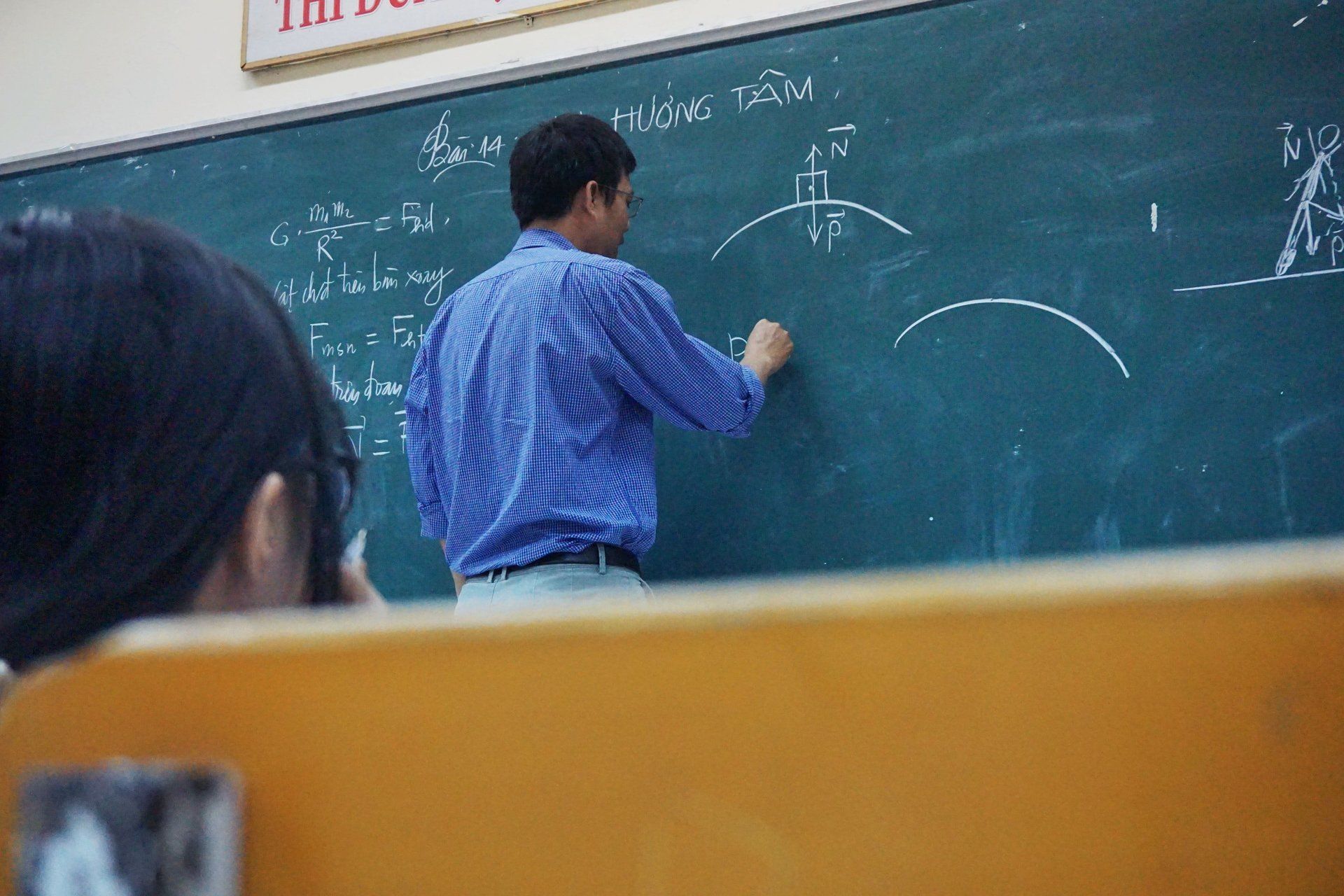So, You Want to Be Extraordinary in the U.S.?
Nikki Breeland • March 9, 2021
The O-1A Visa Can Help You Do Just That!
Click here to read this article in Portuguese and Spanish
What do being the most amazing soccer coach, the hottest event planner, and a highly sought-after freelancer have in common?
You’re all extraordinary!
No, really, you are. The United States offers an O-1 visa for those who possess extraordinary ability in the arts, business, education, the sciences, athletics, or even in the television and film industry. The O-1A Visa can be used for freelancers, coaches, business people, CEOs, CFOs, researchers, professors, event planners, chefs, freelancers, athletes, sommeliers, marketing and branding consultants, publicity directors, gallery owners, agents, producers, etc. Others with extraordinary ability in the motion pictures or visual or performance arts will fall under the O-1B Visa.
So how hard is it to be categorized as “extraordinary” you wonder?
Not. That. Hard.
For an O-1A visa you qualify if you have ever received a major, international-recognized award (think a Nobel Prize).
Not a Nobel Prize winner? Don’t fret!
You can also qualify by meeting at least three criteria below:
- You have received a nationally or internationally recognized prize or award for excellence in the field.
- You are a member of associations in the field that require outstanding achievement of their members, as judged by recognized national or international experts.
- You have published material in professional or major trade publications or major media about you.
- You have participated on a panel or as a judge of the work of others in the same or similar field of specialization.
- You have contributed original scientific, scholarly, or business-related contributions of major significance.
- You have authored scholarly articles in professional journals or other major media.
- You are currently or were previously employed in a critical or essential capacity for distinguished organizations and establishments.
- Your previous or proffered salary or other remuneration is high.
If you meet at least three of these criteria, you are eligible for an O-1A visa! Meeting these criteria can come from any number of angles. There are a million ways that someone as amazing as you can fit into the O-1A mold for extraordinary ability.
If you have any questions about what these O-1A criteria mean for you, please schedule a consultation with one of our experienced attorneys.
We look forward to working with you.
This blog is not intended to be legal advice and nothing here should be construed as establishing an attorney client relationship. Please schedule a consultation with an immigration attorney before acting on any information read here.

U.S. Citizenship and Immigration Services (USCIS) has announced a major change to the H-1B cap selection process. Under a final rule issued on December 29, 2025, USCIS will replace the long-standing random H-1B lottery with a wage-weighted selection system that favors higher-paid and more complex positions. The rule is scheduled to take effect on February 27, 2026 , just ahead of the fiscal year 2027 H-1B cap registration season, unless delayed by legal challenges. If implemented, USCIS is expected to release additional guidance explaining how employers must submit registrations under the revised process. This change marks one of the most significant reforms to the H-1B program in recent years. Up until 2025, all registrations were treated equally once the annual cap was reached. Under the new system, selection odds will be tied to wage levels based on the U.S. Department of Labor’s Occupational Employment and Wage Statistics data. All H-1B registrations will still be placed into a single selection pool, but registrations tied to higher wage levels will receive multiple entries into that pool, increasing their likelihood of selection. Lower wage levels will receive fewer entries, making selection less likely but not impossible. H-1B wage levels are not determined solely by salary. Each wage level reflects the complexity of the job, the level of responsibility involved, and the education and experience required . Entry-level positions involving routine duties and close supervision are generally classified at the lowest wage level, while positions requiring independent judgment, advanced skills, and significant responsibility fall into higher wage levels. The highest wage level is reserved for roles that involve expert knowledge, strategic decision-making, and substantial leadership or technical authority. USCIS is expected to closely scrutinize selected petitions to ensure that the wage level claimed during registration is supported by the job duties and salary offered in the petition. Any discrepancies between the registration and the petition may result in requests for evidence, denials, or enforcement action. With the elimination of the purely random lottery, employers should begin preparing early by carefully evaluating job descriptions, wage levels, and overall H-1B strategy. Accurate classification and thoughtful planning will be essential under this new wage-based selection system. If you are an employer considering H-1B sponsorship, or a foreign professional wondering whether your position may qualify under the new wage-based system, consulting with experienced immigration counsel is more important than ever. Santos Lloyd Law is actively advising clients on H-1B cap registrations and strategy under the new rules. To discuss your options or determine whether you may qualify, contact our office to schedule a consultation.

During the recent administration there has been an increase in issuance of Requests for Evidence for EB-1A petitions for those of Extraordinary Ability. A Request for Evidence is a request that is made by USCIS that should explain how the evidence is deficient in proving the criteria argued and what additional evidence needs to be provided by the applicant to meet the criteria. EB-1A petitions are already normally subject to higher scrutiny because their approval is the first step needed to apply for Lawful Permanent Residence or a green card. USCIS normally requires not just evidence but that the evidence be provided with context and information to show why it matters in a particular field. For example, if you were providing evidence of your membership in an organization that requires outstanding achievements of its members, just providing evidence of the membership is not enough. You must explain what that membership is and provide background information on the organization granting the membership. You also need to provide evidence on the criteria that is used to select the members, information on those who select the members to show that they are recognized experts, other documentation such as articles about the membership organization to show its importance, and any other relevant evidence and background information to show that the criteria is met. A request for evidence being issued prior to the current administration was not uncommon, but in the current climate it is more surprising to not receive a request for evidence for this type of case. It is important to remember that a request for evidence is not a denial. Depending on the validity of the information in the request and the substance some Requests for Evidence can be overcome, and the case be approved. It is important to carefully review the request and note if there are any errors in the content and application of the regulations by USCIS. If you have an attorney, you should work with them and make sure that you provide any evidence you think may be helpful. Although there is a deadline by which a response must be submitted, attention to detail and patience will go a long way when dealing with having to respond to a request for evidence. If you believe you may qualify for this type of visa, please feel free to contact our office.






